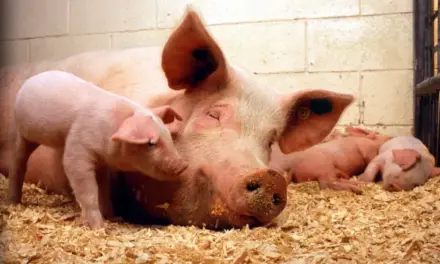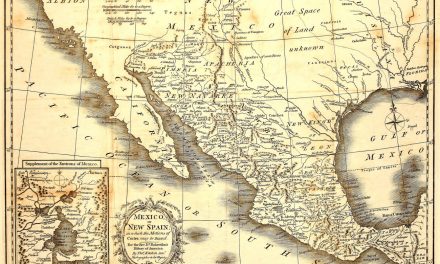“Two practices have enjoyed a sacred personality in contactless cultures: trepanation and circumcision”
Joaquim Gironella, full academician and member of the Governing Board of the Royal European Academy of Doctors-Barcelona 1914 (RAED), participated in the 16th International Seminar “Penser l’Europe” organized by the Romanian Academy, National Foundation for Sciences and the Arts of Romania and the RAED, among other institutions of international character. The sessions were held between 29 and 30 September in Bucharest under the title “Religions et l’indentité européene”. Gironella presented the paper “Cirugía en los ritos religiosos y sociales” (Surgery in religious and social rites), where he exposed the determining role of surgical and medical practices in the constitution of social and personal identity.

Dr. Joaquim Gironella Coll
“Surgery has played a prominent role in numerous communities for the acquisition of a personal or clan identity. Surgeries practiced by surgeons-priests or shamans of the tribe have enjoyed a sacred personality: trepanning and circumcision”, explained the academician, who emphasized the presence of these practices in civilizations without contact. By the last known practices it’s supposed that the object of all the cultures that have been practiced by the symbolic formation of the spirit and its cleansing, while circumcision has been related to fecundity, religious beliefs, ideological identities and a system of social order. “Archaeological finds locate the sites where trepanate skulls were found in central and southern Europe, in the Andean zone of Peru and Ecuador and some in the Far East”, said Gironella.
In terms of identity as a social concept, Gironella stressed how it’s an emotional concept that continues to unite individuals. “It’s important to note that these are not regulated by the prefrontal cerebral cortex, which is the site of reasoning, but by the limbic system (thalamus, hypothalamus, cerebral amygdala, hippocampus…) where neurons interact very quickly without the need for higher brain structures and are responsible for regulating emotions, fear, sex, hunger and all instincts”.





